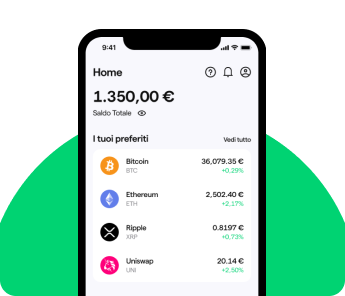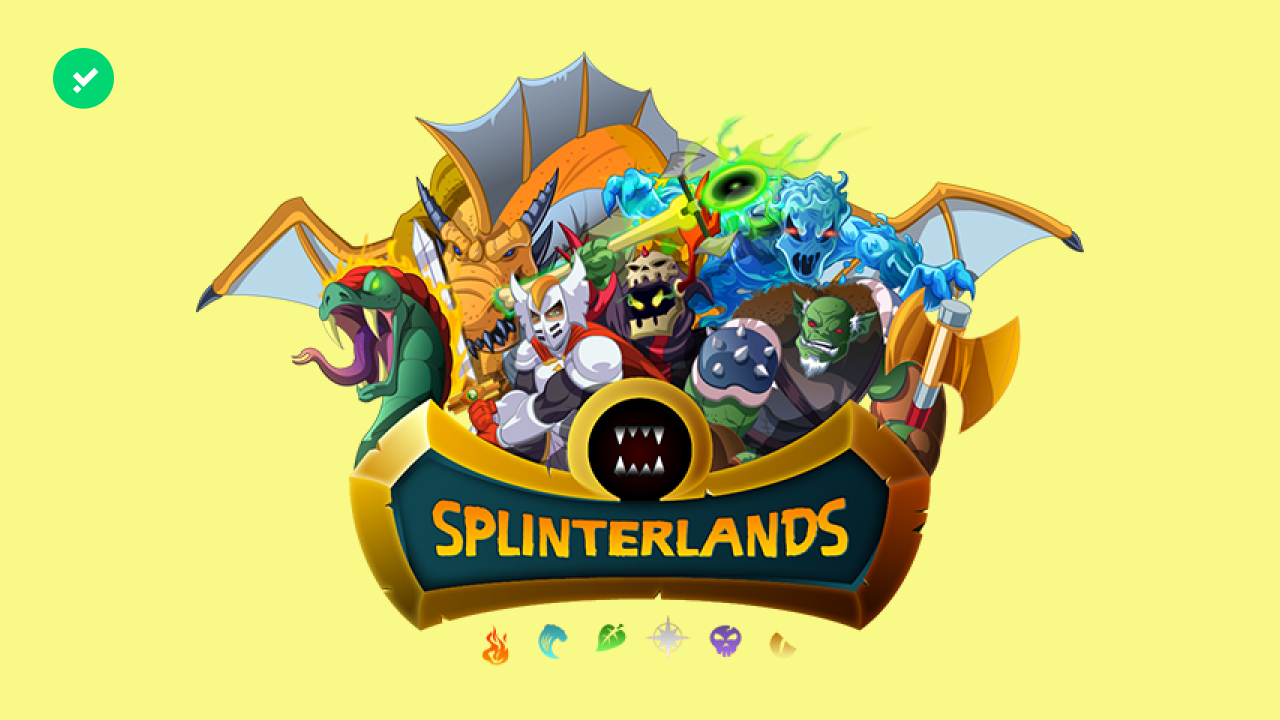Splinterlands is a collectible NFT card game similar to Magic and Hearthstone. Find out about the crypto game of the moment!
NFT card games were among the first crypto games to hit the play-to-earn scene. These games are easy to develop and integrate perfectly with the blockchain. In games like Hearthstone or Magic Arena, the cards you buy don’t really belong to you. In Splinterlands, on the other hand, every card is an NFT that you own on the blockchain, and you can sell it at any price, trade it or use it to destroy your enemies. Find out more about Splinterlands, the NFT card crypto game!
Splinterlands, the collectible NFT card game
Splinterlands is a collectible NFT card game created by two veteran game developers, Jesse “Aggroed” Reich and Matthew “Yabapmatt” Rosen. The two developers came up with the idea in 2018, and, after the Alpha and Beta phases, Splinterlands was officially released on 21 March 2021 on Hive Blockchain, at the height of the NFT hype.
The goal in Splinterlands is to collect cards and put together teams of elemental monsters that fight against other players. Each monster card has various special stats and abilities, so each one is suited for a specific role. For example, cards with a lot of Armour and Life are perfectly placed in the front line during fights, while cards with a lot of Attack or support abilities are ideal in the rearguard. In addition, each monster team is led by a Summoner – a special card that decides the team’s predominant element. There are 7 elements in Splinterlands, Fire, Death, Earth, Water, Life, Dragon and Neutral. Once you select your Summoner, your chosen Monsters must be of the same element. The Neutral cards, or mercenaries, are particular Monsters, i.e. they are wild cards.
Before a game, you must choose your team and position it. Formations are very important in Splinterlands, in fact, the card in the front line is the one that gets hit most often. So make sure it has plenty of Life and Armour! If it dies, it will be replaced by the nearest card in the rear. Beware, though, some Monsters cannot attack at close range, so make sure you put them as far away from the front line as possible. Other Monsters, however, have special abilities that allow them to hit creatures in the rear. A Monster with the Opportunity special ability, for example, will always attack the monster with the least Life. To line up a formation you must know all your cards and their characteristics thoroughly.
Once you choose your team, all you have to do is watch the battle unfold! The first player to win two rounds wins the game. Luckily, Splinterlands, the NFT card crypto game, has very well-rendered animations, so there is no risk of getting bored.
How Splinterlands tokens work
When you first sign up to Splinterlands you get 105 so-called ‘ghost’ cards. These cards do not belong to you, but are given free of charge to all newbies to the game, to familiarise with Splinterlands. To start getting cards and tokens, you have to buy the Summoner’s Spellbook, which unlocks all the game’s features and allows you to connect to your favourite crypto wallet.
The Summoner’s Spellbook is essential to become competitive on Splinterlands. NFT cards, unlike ghost cards, have levels. The higher the level, the higher the card stats. To improve the card level, you must fuse several NFT cards of the same type. You can get more cards by buying them directly from the official marketplace, or from other marketplaces such as OpenSea. Alternatively, you can buy Booster Packs, which include random cards of the set you have purchased, and can also include ‘Foil’ cards, which are very rare, have brilliant graphics and can gain experience faster. As they belong to you, you can freely sell NFT cards that you do not need, or you can lend them to a player. Each time the player wins a game with a loaned card, they will give you a percentage of the victory reward, in a similar fashion to Axie Infinity.
The game token in Splinterlands is called DEC (Dark Energy Crystal). These tokens can be earned by winning games or by burning your own NFT cards, if you want to get rid of them without going through a marketplace. You can use DEC to buy Booster Packs, different graphic embellishments for your cards, or various types of Potions (for example, some of them increase the possibility of getting Foil cards).
Splinterlands also has a second token called SPS (Splintershards), which is designed to manage the governance mechanisms. In fact, SPS tokens give you the right to vote in the NFT collectible card crypto game’s DAO – owning them gives you a say in the crypto video game and the right to vote on new features or changes to the Splinterlands economy.
Splinterlands is a very exciting NFT card crypto game, capable of competing directly with big names such as Magic: The Gathering and Hearthstone. Magic, in particular, has a thriving market for ‘real’ cards, and Splinterlands wants to imitate it – but on the blockchain! If you’re not convinced you like the game, you can try it for free on their site. The tutorial is clear and concise and will guide you through the first steps, but then it’s up to you to create your own team and boost it! Each faction has a strength and a weakness, and it is essential to learn them in order to assemble a fearsome and well-trained Monster team. Splinterlands awaits you!



